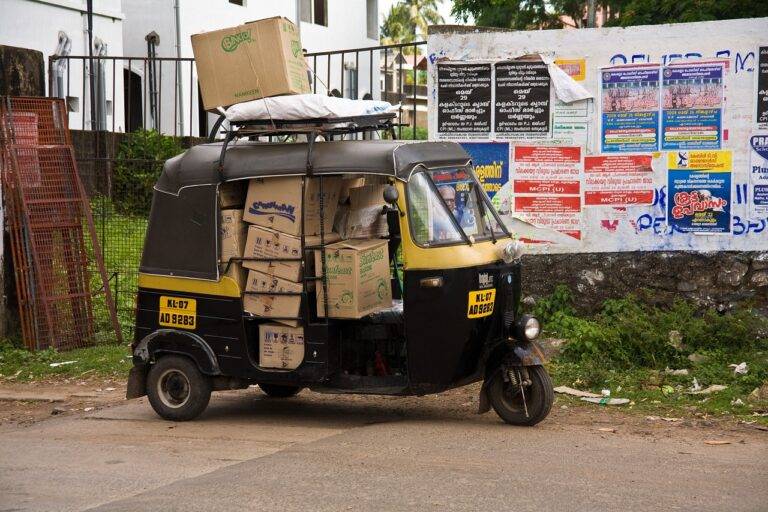Mobile Voting: Opportunities and Risks: Silverexch.com, Goldenexchange, Betbook247.com
silverexch.com, goldenexchange, betbook247.com: Mobile Voting: Opportunities and Risks
In recent years, there has been increasing interest in the concept of mobile voting as a way to make the voting process more accessible and convenient for citizens. While there are certainly significant opportunities that come with mobile voting, there are also risks that need to be carefully considered. In this article, we will explore the potential benefits and challenges associated with mobile voting.
Opportunities
1. Accessibility: One of the most significant advantages of mobile voting is the potential to make voting more accessible to a wider range of people. With mobile voting, individuals who may have difficulty getting to a polling station due to disabilities or other reasons can easily cast their ballots from the comfort of their own homes.
2. Convenience: Mobile voting offers a level of convenience that traditional voting methods cannot match. With mobile voting, voters can cast their ballots at any time and from any location, eliminating the need to wait in long lines at polling stations.
3. Increased voter turnout: By making the voting process more convenient and accessible, mobile voting has the potential to increase voter turnout. This is particularly important in countries where voter turnout is low and there is a need to engage more citizens in the democratic process.
4. Cost savings: Mobile voting can also be more cost-effective than traditional voting methods, as it eliminates the need for physical polling stations and paper ballots. This can result in significant savings for electoral authorities.
Risks
1. Security concerns: Perhaps the most significant risk associated with mobile voting is the potential for security breaches. Mobile voting systems are vulnerable to hacking and other cyber attacks, which could compromise the integrity of the voting process.
2. Privacy issues: There are also concerns about the privacy of voters when it comes to mobile voting. If not properly secured, mobile voting systems could collect and store sensitive personal information that could be misused.
3. Digital divide: Another challenge with mobile voting is the digital divide, which refers to the gap between those who have access to technology and the internet and those who do not. Implementing mobile voting could disenfranchise individuals who do not have access to smartphones or reliable internet connections.
4. Verification issues: Ensuring the accuracy and integrity of mobile voting results can be challenging. Without a paper trail, it can be difficult to verify that votes have been accurately recorded and counted.
FAQs
Q: Is mobile voting safe?
A: The safety of mobile voting systems depends on the security measures put in place. It is crucial for electoral authorities to implement robust security protocols to protect against cyber threats.
Q: Can mobile voting increase voter turnout?
A: While mobile voting has the potential to increase voter turnout by making the voting process more convenient, it is not a guarantee. Other factors, such as voter engagement campaigns, also play a role in boosting turnout.
Q: How can the digital divide be addressed in mobile voting?
A: Addressing the digital divide in mobile voting requires measures to ensure that all citizens have access to the necessary technology and internet connectivity. This might include providing alternative voting methods for those without smartphones or internet access.
In conclusion, mobile voting offers exciting opportunities for improving the accessibility and convenience of the voting process. However, it is essential to carefully consider the risks and challenges associated with mobile voting to ensure that elections remain secure, private, and fair. By implementing robust security measures and addressing issues such as the digital divide, mobile voting has the potential to transform the way we participate in democratic processes.







